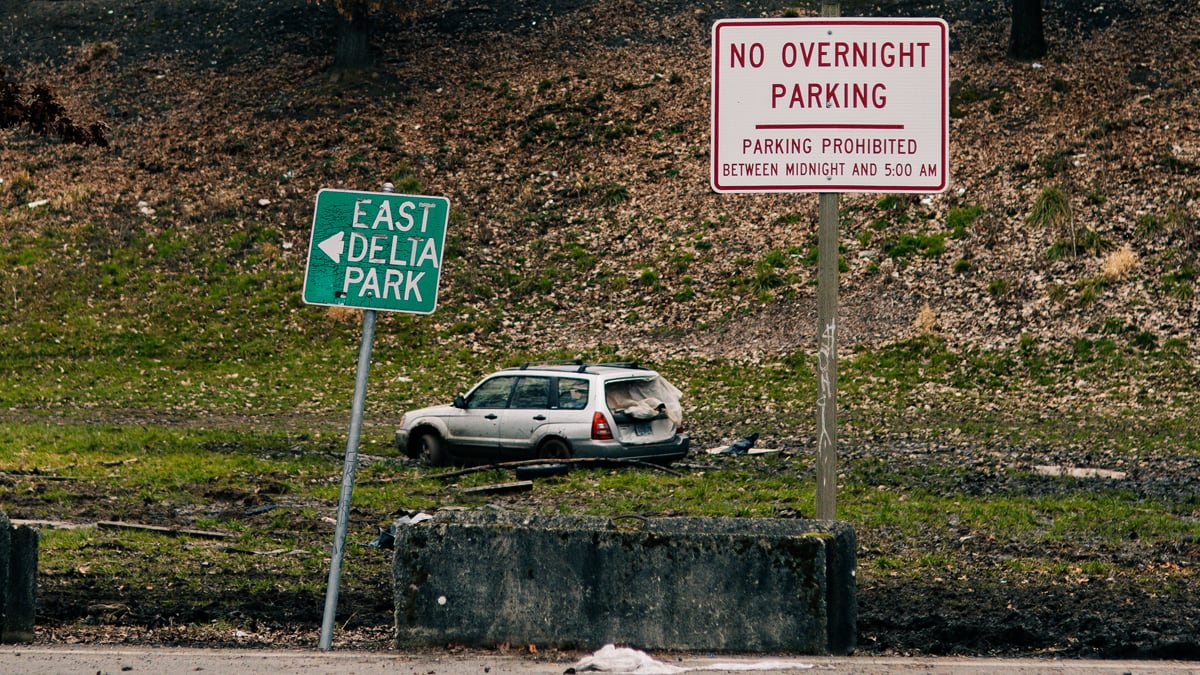In December, WW reported that the city’s two impound lots, which contract with the city to tow abandoned cars from the sides of roads, were nearing capacity—roughly 400 between the two lots, operated by Speed’s Towing and Sergeants Towing.
That’s because law enforcement wasn’t conducting vehicle identification number inspections, which are legally required to scrap a car, RV or boat.
Transportation and police officials pointed fingers at each other over who was to blame for the backlog. But it boiled down to this: Only law enforcement officers can conduct those inspections, and Portland police brass said their officers were too busy.
But now, two months after WW’s reporting on the matter, the Portland Police Bureau has assigned an officer to conduct VIN inspections for four hours per week, according to the Portland Bureau of Transportation. The Police Bureau corroborated the change.
That change could help increase the pace at which abandoned vehicle are removed from streets. For months, impound lots warned that their inability to scrap vehicles, which often requires a VIN inspection, would leave their properties at capacity.
Devin Edwards, president of Speed’s, warned that if the stoppage kept up, his company would eventually be unable to tow any more cars.
Speed’s lot had been at capacity for 15 months, all because of the slowness of VIN inspections. There were 10 to 15 RVs sitting in the lot awaiting VIN inceptions, 30 to 40 boats, and 40 cars.
“They’re not happening,” Sergeants Towing general manager Jesse Copeland said at the time. “We’ve got vehicles stacked on top of each other.”
This article was published with support from the Jackson Foundation, whose mission is: “To promote the welfare of the public of the City of Portland or the State of Oregon, or both.”
